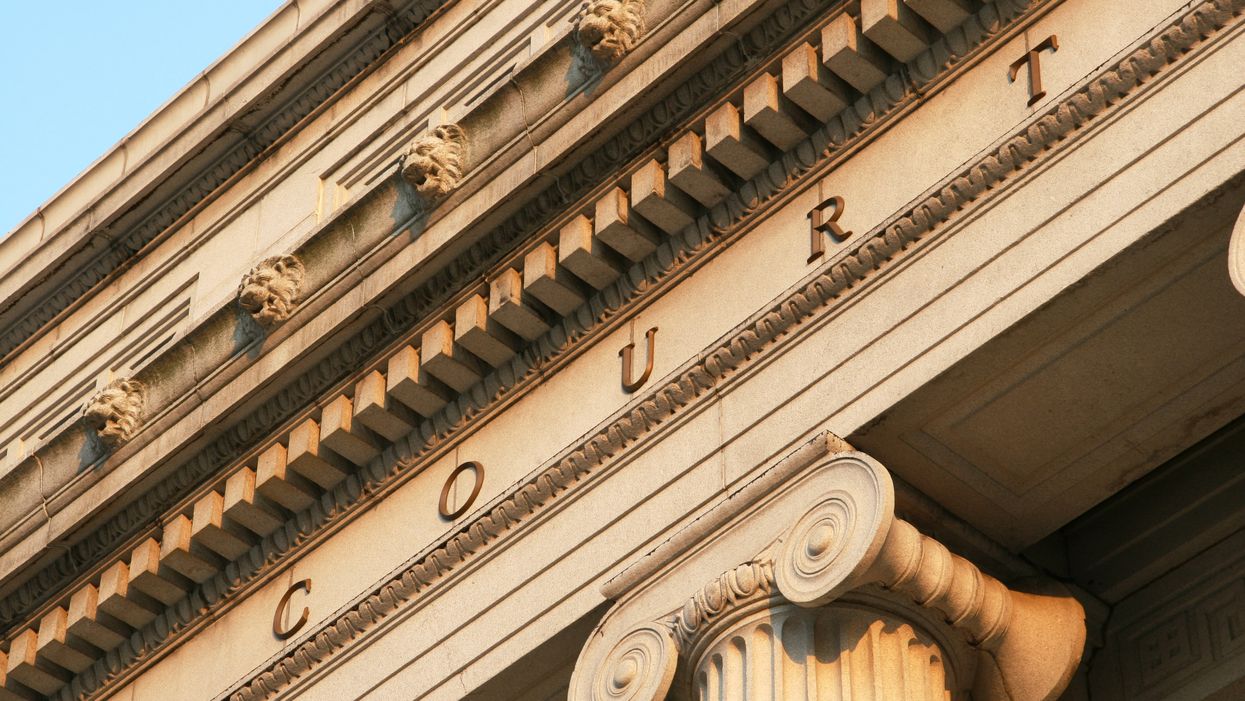Coleman was an assistant Missouri attorney general and Republican congressman from 1976 to 1993. Now retired as a lobbyist, he is an advisor to Protect Democracy, an anti-authoritarian watchdog group.
One of American democracy's bedrock precepts is that no one, not even the president of the United States, is above the law. The principle was confirmed this month by the D.C. Circuit Court of Appeals, when it reversed a lower federal court's ruling and said Congress has the authority to go to court to enforce subpoenas of executive branch officials.
Unfortunately, from a practical standpoint, the long and time-consuming road of judicial decision-making may have rendered the matter moot — allowing President Trump to run out the clock beyond the election.
The clock started running a seeming eternity ago, in March 2019, when the House Judiciary Committee began an investigation into alleged misconduct by Trump and his close advisors. The investigation followed up on special counsel Robert Mueller's report on the investigation into Russian interference in the last presidential election.
During the investigation, Mueller interviewed Donald McGahn, who was then serving as White House counsel. The Mueller report concluded that impeachment was the mechanism to address whether Trump impermissibly coordinated with the Russian government in connection with the election or obstructed justice in the course of the special counsel's investigation.
When McGahn refused the Judiciary Committee's invitation to testify, the panel issued a subpoena in April ordering McGahn to appear one month later, to testify and produce documents. Trump directed McGahn not to appear, claiming presidential advisors were "absolutely immune from compelled congressional testimony." After all attempts to negotiate McGahn's appearance failed, the House filed a lawsuit in federal court last August to enforce its subpoena.
Here's how the litigation proceeded, in four steps:
The District Court rejected McGahn's claim, directing him to appear before the committee. Then McGahn appealed that decision to the D.C. Circuit, where a divided three-judge panel found that he did not have to testify.
At that point, the appeals court granted the Judiciary Committee's petition to have all the judges on the court review the case. Then the full D.C. Circuit heard oral arguments and ruled 7-2 that the legislative branch has the legal standing to try to use the judicial branch to force the executive bench to comply with subpoenas.
That's where things stand now: Seventeen months after the initial request for testimony — six of those months after Trump was acquitted at the Senate trial that resulted from articles of impeachment drafted in the House Judiciary Committee — one more step of litigation, an appeal to the Supreme Court, is still possible.
The McGahn case is just the freshest illustration of how time consuming interbranch litigation can be, often resulting in a final resolution many months or even years after the dispute started — with the political and governing process continuing all the while. Any wrongdoing by a president and his aides is allowed to continue unabated. A Congress lasts only two years, making it likely this one will conclude in early January before the House can obtain judicial enforcement of its subpoena.
Trump's categorical direction to members of his administration — that no member of the executive branch shall cooperate with the impeachment investigation — not only assured litigation, but more importantly was also an effective stalling tactic.
The flagrant abuse of a constitutionally prescribed process must be addressed by Congress to assure that, in future litigation between the branches, the judicial system will not allow another bedrock principle of American democracy to become lost in the process: Justice Delayed is Justice Denied.
It is wrong to require Congress to repeatedly undertake a patently flawed judicial process to assure our constitutional checks and balances are not rendered obsolete. The current system produces a no-win situation for the rule of law. That's why Congress should pass legislation creating a new type of federal court — one with exclusive jurisdiction over, and focused solely on, disputes between the federal government's branches.
This special court is especially needed to handle future instances of Congress pursuing an impeachment.
The legislation should expedite the litigation process in such cases, allowing direct appeal of the court's ruling to the Supreme Court, and set special rules of procedure. It should also give consideration to spelling out when it's appropriate for the new court to abandon the general rule that so-called "political questions" are beyond the purview of the federal courts.
Failure to adopt meaningful changes in this process will only invite more non-compliance by a president faced with lawful inquiries by Congress. To condone an administration's wrongdoing is to encourage more of it and to give up on the rule of law and our democracy.



















Trump & Hegseth gave Mark Kelly a huge 2028 gift